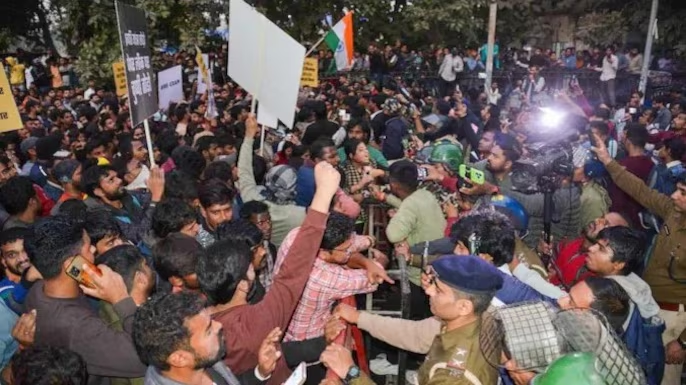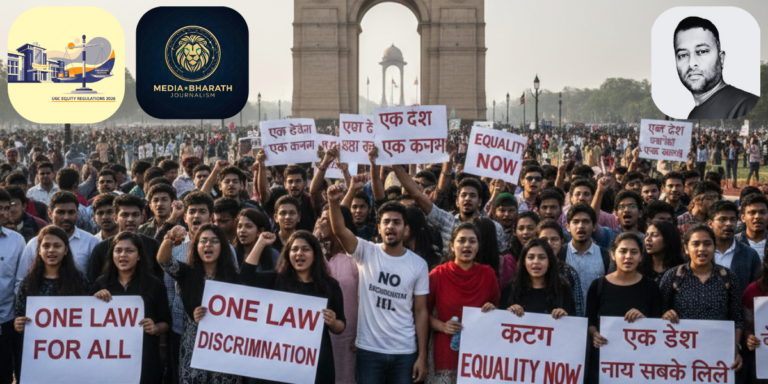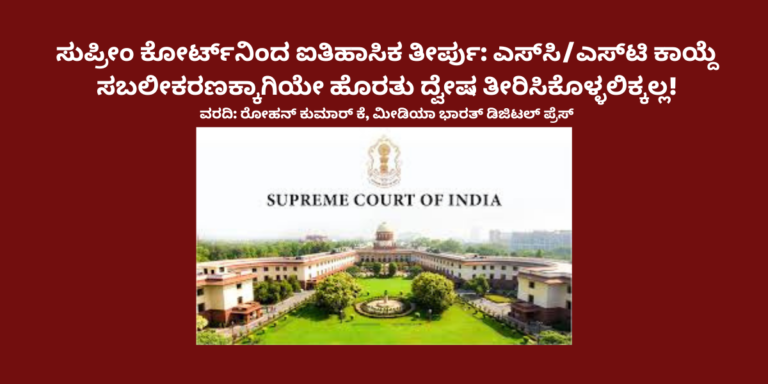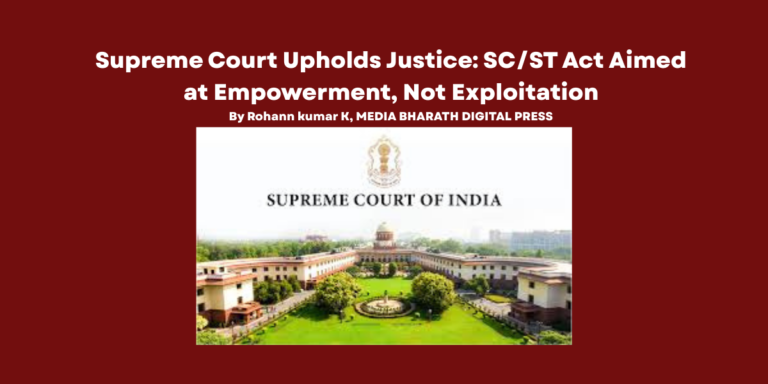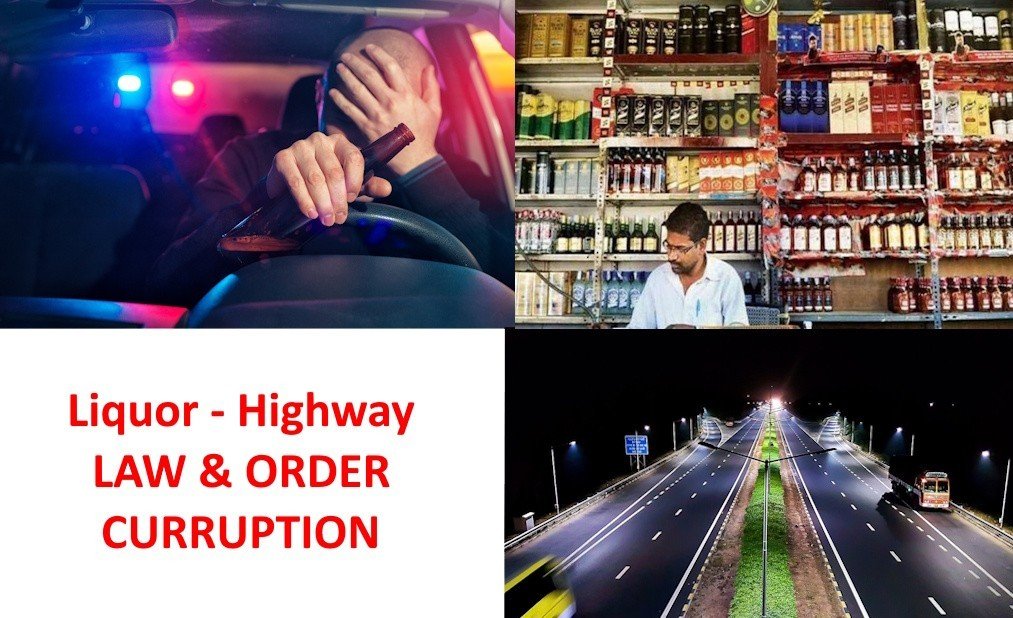
Upset male driver is caught driving under alcohol influence. Man covering his face from police car light.
The growing defiance of liquor shop regulations along state and national highways has exposed a concerning trend of disrespect towards the Honourable Supreme Court’s orders, raising alarms about corruption and its adverse effects on governance. This persistent issue has not only endangered public safety but also called into question the credibility of the state excise department and law enforcement agencies responsible for upholding these directives.
Supreme Court’s Landmark Order
In its significant judgment, the Supreme Court of India prohibited liquor shops and restaurants serving alcohol from being situated within 500 meters of state and national highways, reduced to 220 meters for areas with a population below 20,000. The court’s rationale was grounded in preventing distractions for drivers, reducing drunk driving incidents, and ensuring road safety. Furthermore, the judgment mandated that liquor shops should not be visible from highways or have direct access to them, emphasizing strict compliance to safeguard lives on the road.
Despite these directives, many establishments continue to operate in blatant violation of the court’s order, exposing glaring loopholes in governance and enforcement mechanisms. This not only undermines the judiciary’s authority but also jeopardizes public trust in the legal framework.
Corruption Fueling the Crisis
Evidence suggests that unauthorized liquor shops and restaurants have proliferated with little to no action taken against them, raising suspicions about the involvement of the state excise department in enabling this malpractice. By turning a blind eye to such violations, officials responsible for monitoring and enforcing the law have fostered a culture of impunity. This negligence not only disrespects the judiciary but also weakens the foundations of law and order in the country.
The visible contempt of the Supreme Court’s order has triggered public outrage, especially among the youth. Many are now questioning the effectiveness of governance and the sanctity of the Constitution. Such widespread disillusionment could harm the nation’s social fabric and tarnish its global reputation.
The Implications on Public Safety
The illegal presence of liquor-serving establishments along highways has exacerbated road safety risks, with increased incidents of drunk driving, accidents, and fatalities. The unchecked operation of such establishments distracts drivers and undermines efforts to maintain highways as safe zones for commuters. Furthermore, the associated social problems, including alcoholism and crime, add to the burden on local communities and law enforcement agencies.
Restoring Faith in Governance
This growing menace requires immediate and stringent action from authorities. It is imperative for district officials and the central government to:
– Investigate and shut down unauthorized liquor shops and restaurants violating the Supreme Court’s orders.
– Hold officials accountable for negligence and misconduct in monitoring and enforcement.
– Promote awareness about the Supreme Court’s directives to ensure public compliance and cooperation.
The time has come for governance to reclaim its integrity and demonstrate unwavering respect for the judiciary. Re-establishing the rule of law is essential to restoring the faith of citizens, particularly the youth, in the Constitution and the democratic ideals it upholds. Failing to address this issue promptly will have far-reaching consequences for the nation’s image and its socio-political stability.
